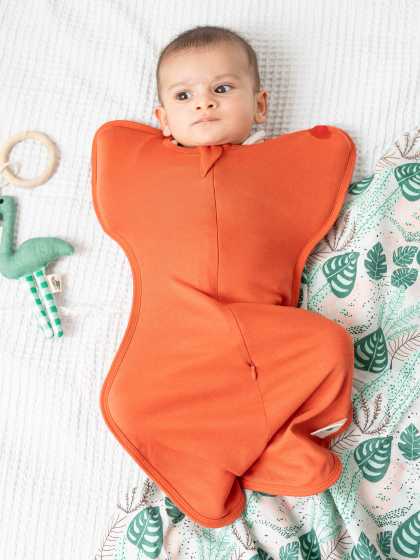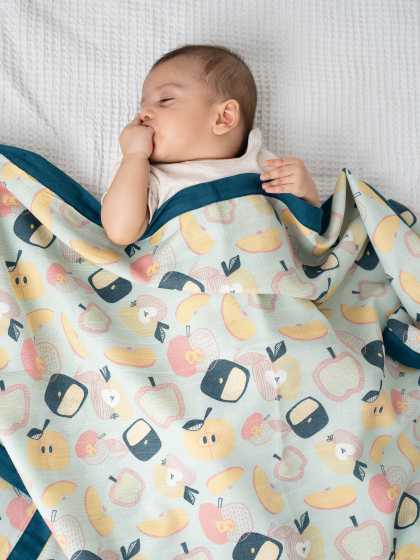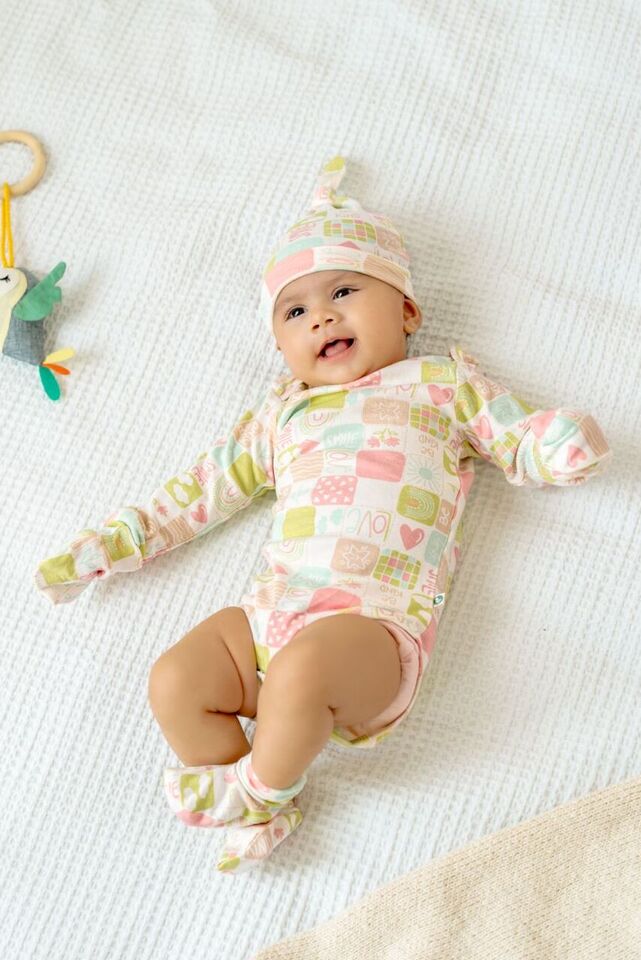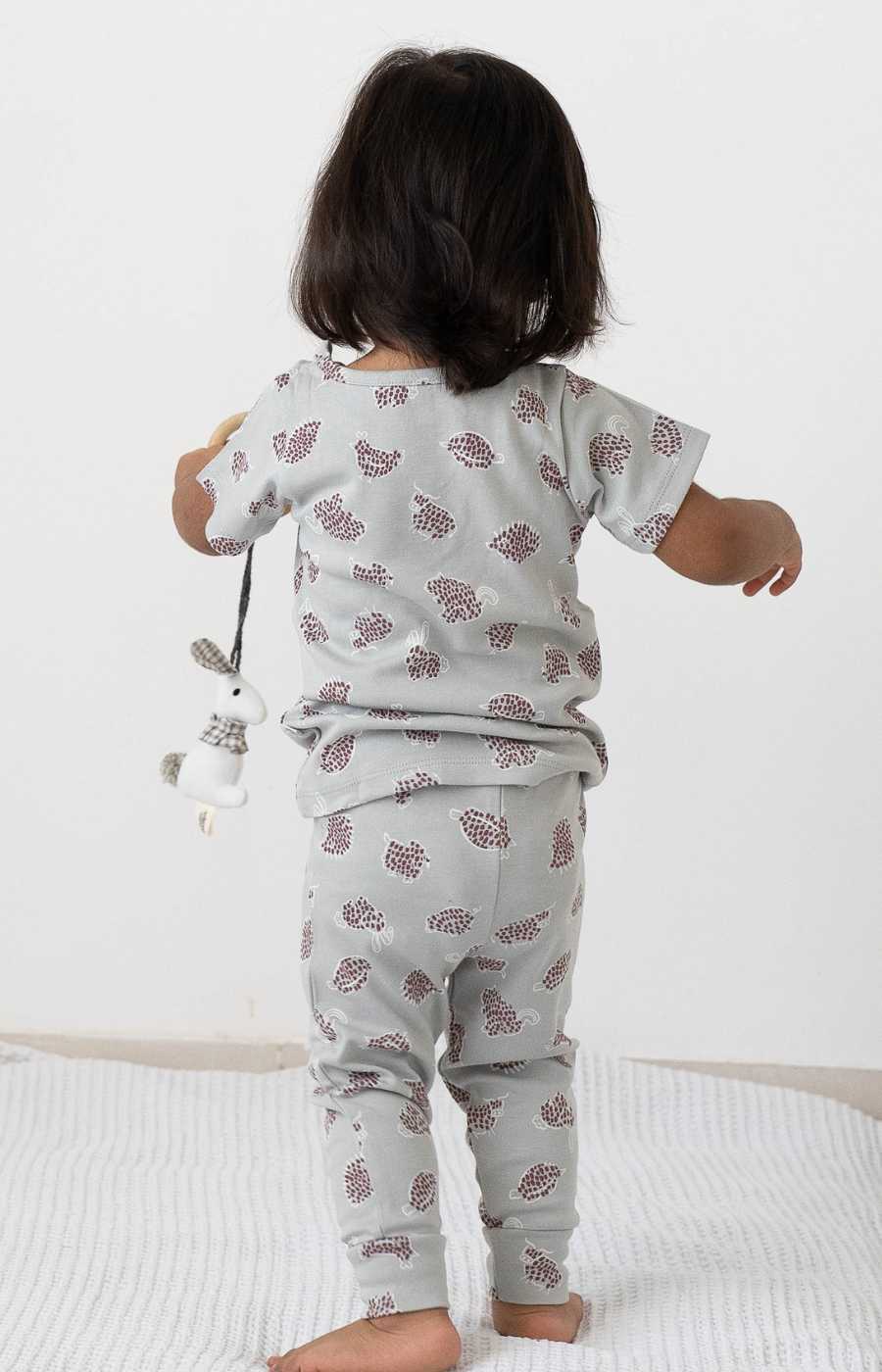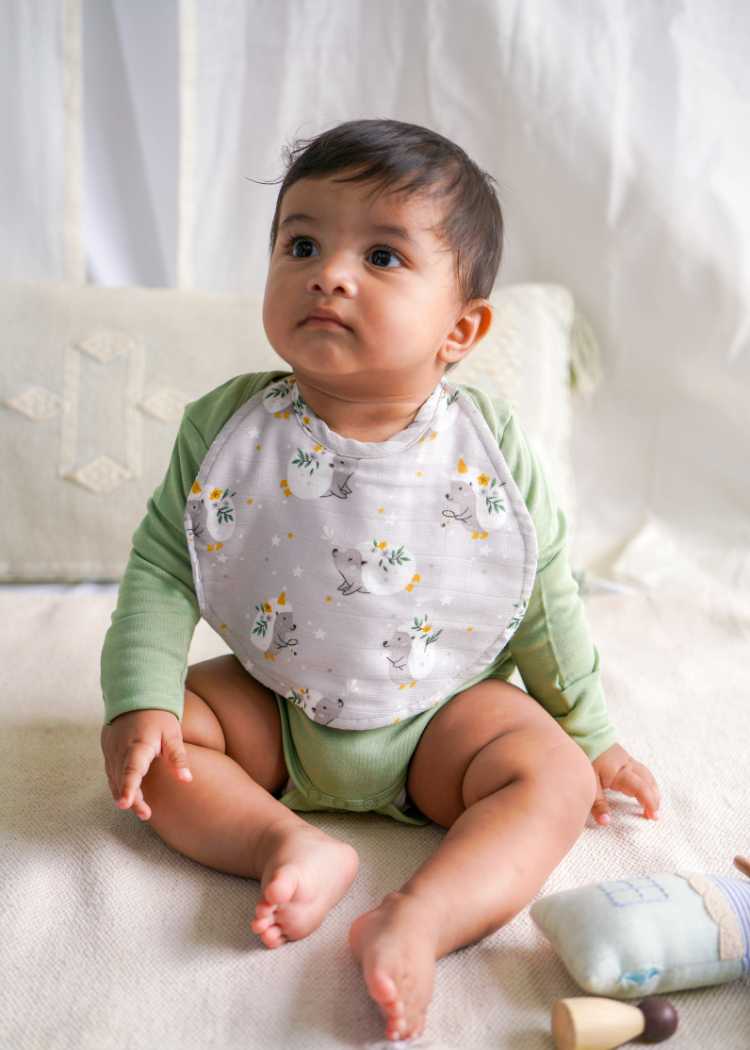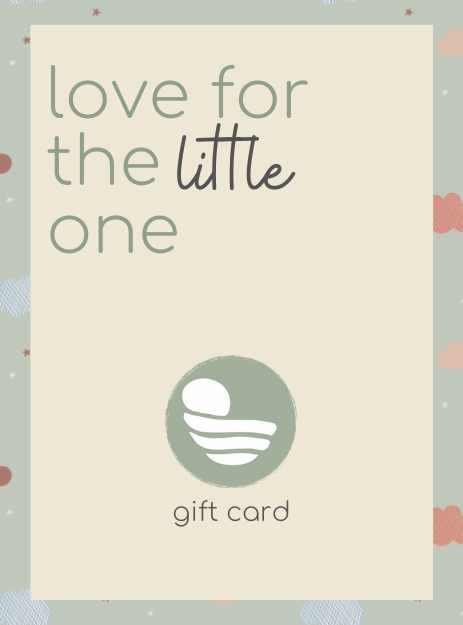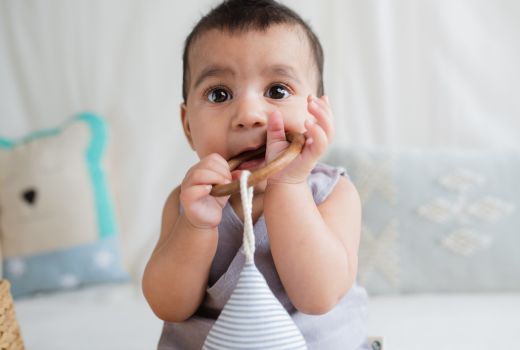Are you an inspiring parent? Or wait, have you conceived already? Just like every other class in school, you are about to enter a new phase of life. So there is going to be a new course you need to adapt to without any fail, here are a few words you need to add to your vocabulary. Don’t panic, these are not very difficult and honestly very easy to know.
Babies cry, some might even debate that that’s the only thing they do. It’s their way of telling the world what it is that they want. Your baby crying could simply mean that they are hungry or a little critical that they are feeling gassy, but all said and done crying is what they will resort to. However there are babies who’d clench their fists, squeeze their legs, go all red faced and just start crying. Not just this but they’ll probably repeat this behavior without any reason, well don't worry this is nothing but Colic. Don’t worry it’s not a disease, it’s just a behavior healthy babies exhibit sometimes. Many parents enquire whether colic crying is any different that normal crying - well there is no clear line however pediatrics say that colic crying is a little high pitched and screechy, something like screaming.
There are so many older women who’d tell you that it’s better to let the baby roam without a diaper for sometime or probably use cloth diapers instead of the popular plastic ones. Ever wondered why that is? Well the main reason is to avoid rashes for babies. Heat rashes that are pretty itchy and uncomfortable, which keeps your baby and you up at night is known as Miliaria. It’s very common in infants and happens because the sweat glands get clogged. They trap perspiration beneath the skin and cause red blisters. Unlike how it may look they do not require medical intervention, they go away with some simple home remedies like powdering or applying baby rash creams and keeping the prickly skin a little open for the air to touch the skin.
You’ve just delivered and you’re feeling constant mood swings, sometimes you’re disinterested in the baby, other times you feel like your life is over and that career is just not possible for you anymore. Is there an appetite loss? Are you no longer connecting to your partner? Well these could be symptoms of postpartum depression. PPD is a mix of physical, emotional and behavioral changes that happen in some women after giving birth. Do not panic, it's a condition which can be treated with medication and counseling. One out of ten new mothers experience this and recover if they are vocal about their condition.
Perineal lacerations or Vaginal tears occur at the time while the birthing mother is pushing the baby out through the vaginal opening, however either the baby’s head is a tad bit big or the vagina is not able to stretch easily. To avoid Perineal lacerations, sometimes the doctor decides to make a small incision between the Vagina and anus area, which protects these tears. Tears that involve only the skin around the vagina heal within weeks. Some tears can be a little more extensive and need medical treatment. Your doctor is the best judge to recommend treatment here.
This is a quick test performed by the doctor within the first five minutes of your baby’s birth. The first minute test evaluates how well did the baby do during the birthing process, and the five minute test evaluates whether the baby is doing decent once he/she is out of the mother’s womb. There are five things (Breathing effort, heart rate, muscle tone, skin color and Reflexes) evaluated in this test and each parameter is scored between 0-3.
Some parents call these their best friends.Pacifiers are nothing but a silicone or plastic nipple, one that you can give the child to suckle on in between feedings. Some studies demotivate parents from using pacifiers because they can lead to nipple confusion for toddlers and the prolonged usage might also cause a thumb sucking habit for children. But it is all different for different babies. However pacifiers have a lot of advantages, that is it’s controlled so as to when you give them the pacifier versus they suck their thumb or fingers on their own. Pacifiers also reduce children crying during painful procedures. As new parents it’s critical to choose the time you’d want to use the pacifier for your child.
When the parents sleep on the same surface as their children that’s known as Co-sleeping. Although it’s recommended that the first 12 months the baby must sleep in a crib or a separate cot, however many parents choose to Co-sleep, because it helps better with breastfeeding. Co-sleeping can be a little dangerous for children, but with a few measures in this place like being a little vigilant in the night can totally discredit the dangers.
Well now that you know these, share the blog and help out the other parents-to-be.




